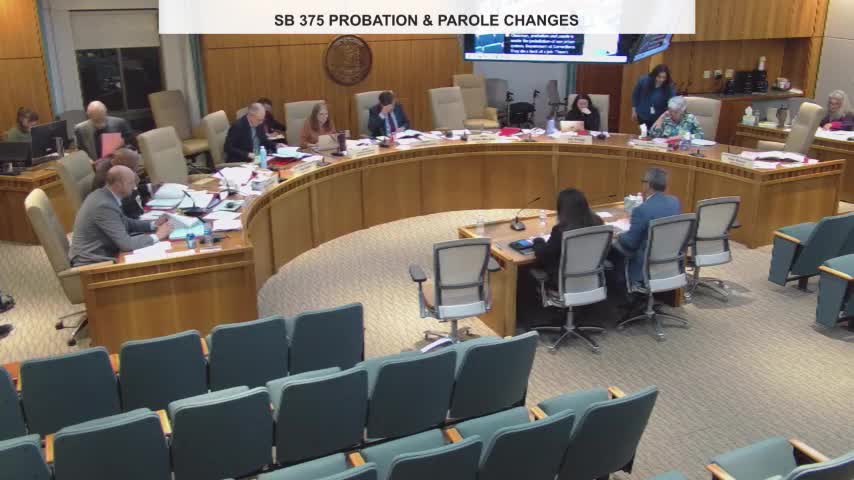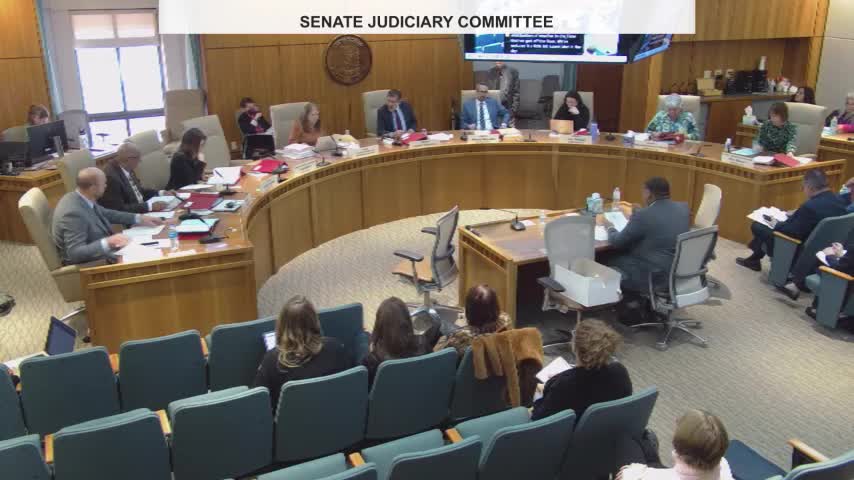Article not found
This article is no longer available. But don't worry—we've gathered other articles that discuss the same topic.

Anti‑hazing bill debated; committee holds measure for further work

Committee advances probation and parole reforms aimed at reducing recidivism and fees

Senate committee adopts revised social-work licensure compact with state-specific changes

Committees advance two gaming regulation bills to update standards and background checks

Lawmakers split over oversight of hospital acquisitions; committee fails to advance bill

